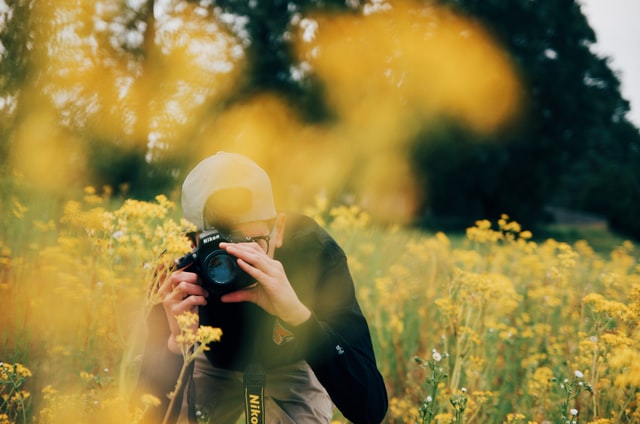We know photography can be a daunting area for people who are new to it. There is so much to learn, and it often feels like the more you know, the less you understand anything! But don’t worry – we’re here to help. Encore technology 3cd stereo system with turntable manual is a good example of something that can really help you out.
Basically, photography is the art of capturing images through light, either through film or a digital camera. The first form of photography has been around since the 1850s, while digital cameras have been around since the 70s. With modern technology, these two forms have merged into an area some refer to as ‘digital photography’.
There are a few basic things you will need in order to get started on your journey into this craft. First and foremost, you will need a camera. This is quite simple and easy to do if you already own one. We’ve put together this post of all-important tips for beginners in photography. These will ease your transition into this exciting field, and allow you to explore its amazing world with minimal fuss or bother.
Simple Guidance For You In Photography :
1. Always remember to focus before the shot
There’s really nothing worse than finding out after the fact that your picture is blurry and you completely missed the point of it. Digital photographs are a lot more forgiving in this regard, but you should still try to avoid blur as much as possible. It can be hard sometimes, especially with moving objects, but practice makes perfect!
2. Know what you’re doing when you go out
There are some obvious things that you should be aware of before taking a photograph. For example, a portrait will look a lot better against the backdrop of a nice landscape than the kitchen wallpaper. Make sure to research your environment and find locations with very interesting elements that you can include in your pictures. It is also important to know what time of day is best for taking photographs, as this will help your experience immensely.
3. You don’t always need expensive equipment
That’s right! And it’s good to remember that the best photographs come from a creative mind, not an expensive camera body or complicated lens setup. In terms of your lighting needs, you can just rent some from Lighting Rental Brooklyn to save money if you’re not going to always use it. You just need to know what you’re doing, and it doesn’t cost thousands of dollars to get started!
4. Get a good camera – but remember that it’s not everything
There are some amazingly good cameras on the market today, but don’t go going crazy trying to get the latest equipment – remember that it’s a tool and nothing more. Instead, invest time in learning about how to photograph things in new and exciting ways. This is where the real art of photography lies. If you really want to improve at photography, then you need to see what your camera can do for you.
5. You don’t need expensive lenses!
Don’t go buying the most expensive lens that you can find either – instead, start with the basics and work your way up. This is where it really pays off to understand how things work, as well as how they affect photographs in different ways. After lots of practice, you should be able to pick up what works best for any given situation with your own camera.
6. Be patient – and don’t take the first picture that comes to mind
When it comes to photography, you usually need to wait for the right moment to take the shot. This doesn’t mean you have to sit and wait for hours, becoming impatient as time goes by – instead, work very hard in order to get a great picture later on. Remember that this is an art form, so spending hours on end can really ruin a shot. Instead, take a few shots and come back later if necessary.
7. Learn about exposure, aperture and ISO
For beginners in photography, these are your best friends when it comes to experimenting with different settings. You should also research cameras and lenses to better understand how each of these elements affect your pictures and what you can do about it.
8. Learn about exposure, aperture and ISO
As we touched on before, it’s important to know what these things are and how they affect your photographs. Aperture is the amount of light that enters into the lens while the shutter is open, while exposure is what determines how much of this light actually makes it onto the film or digital sensor. ISO, meanwhile, determines how sensitive the sensor itself is to light.
9. Never use the flash setting – unless you absolutely have to!
You’ll find that most experienced photographers will avoid using flash whenever possible. The reason for this is that it can cause strange reflections in the photos and make them more complicated to create, especially when doing something like taking pictures outside. If you’re using a small flash, then you should try to use lower settings to increase the effect of light on your subject.
10. Learn about filters
You can use filters to give photographs a whole new look, and it’s easy enough to learn how to use them without liquid adhesive backing! There are lots of wonderfully exciting filter options out there, but these are the ones that are most likely to produce some really nice results on your pictures. With these kinds of tools at your disposal, you should be able to photograph anything from full sunsets through abstract art.











